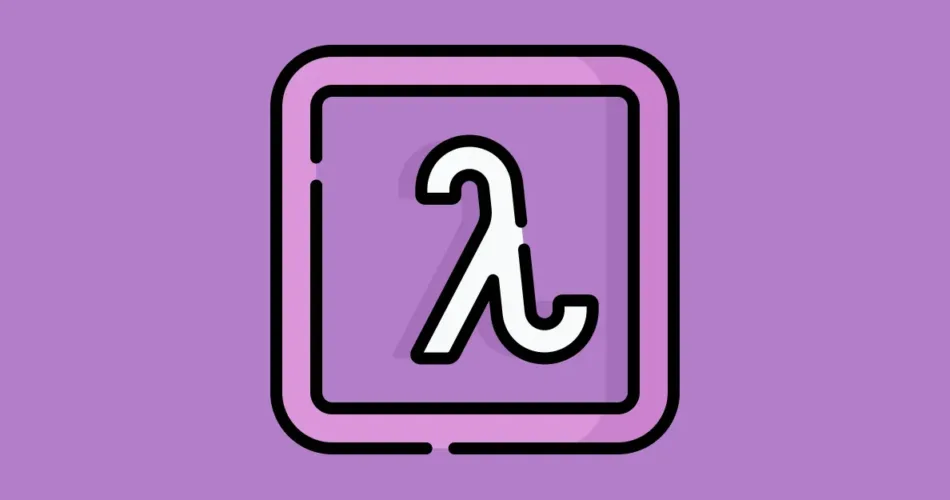In the realm of modern C++ programming, lambda expressions stand as a cornerstone of code elegance and functionality. With the introduction of C++11, lambda expressions have become an invaluable tool for crafting concise, expressive, and efficient code. This comprehensive blog post delves deep into the world of lambda expressions in C++, unraveling their significance, applications, and practical examples. By the end, you’ll be equipped with the knowledge to leverage lambda expressions effectively, enabling you to write code that is not only more readable but also more powerful.
Understanding Lambda Expressions
Lambda expressions, often referred to as lambda functions or anonymous functions, provide a concise and flexible way to define small, inline functions. They encapsulate logic that can be used wherever a function object is required, without the need to explicitly define a separate named function.
Syntax of a Lambda Expression:
[capture](parameters) -> return_type { body }
Basic Lambda Expression:
#include <iostream>
int main() {
int a = 5, b = 10;
auto sum = [](int x, int y) { return x + y; };
std::cout << "Sum of " << a << " and " << b << " is: " << sum(a, b) << std::endl;
return 0;
}
Capturing Variables:
Lambda expressions can capture variables from their enclosing scope, allowing you to access and modify them within the lambda body.
#include <iostream>
int main() {
int x = 5;
auto increment = [x]() mutable {
x++;
std::cout << "Incremented x: " << x << std::endl;
};
increment();
std::cout << "Original x: " << x << std::endl;
return 0;
}
Lambda with Standard Algorithms:
Lambdas pair seamlessly with standard algorithms, providing a concise way to define custom predicates or actions.
#include <iostream>
#include <vector>
#include <algorithm>
int main() {
std::vector<int> numbers = {1, 2, 3, 4, 5, 6, 7, 8, 9, 10};
// Using a lambda to find even numbers
auto isEven = [](int x) { return x % 2 == 0; };
auto it = std::find_if(numbers.begin(), numbers.end(), isEven);
if (it != numbers.end()) {
std::cout << "First even number: " << *it << std::endl;
}
return 0;
}
Lambda as Arguments:
Functions can accept lambdas as arguments, enhancing code modularity and expressiveness.
#include <iostream>
#include <vector>
#include <algorithm>
template <typename Func>
void applyFunction(const std::vector<int>& data, Func func) {
for (const auto& value : data) {
func(value);
}
}
int main() {
std::vector<int> numbers = {1, 2, 3, 4, 5};
// Using a lambda to print values
auto printValue = [](int x) { std::cout << x << " "; };
applyFunction(numbers, printValue);
return 0;
}
Conclusion
Lambdas have revolutionized the C++ programming landscape, empowering developers to write cleaner, more expressive, and efficient code. By encapsulating functionality in concise, inline functions, lambdas enhance code readability and modularity. With the ability to capture variables & seamlessly integrate with standard algorithms and functions, lambdas prove their versatility in various scenarios.
Incorporating lambdas into C++ repertoire will not only elevate your coding skills but also lead to more elegant & maintainable code. Their presence in C++11 and beyond has forever transformed the way programmers approach tasks, making lambda expressions an indispensable tool for crafting modern, high-quality software solutions.
Unlock the potential of lambda expressions and unleash a new level of programming prowess in your C++ journey.
Subscribe to our email newsletter to get the latest posts delivered right to your email.


Comments